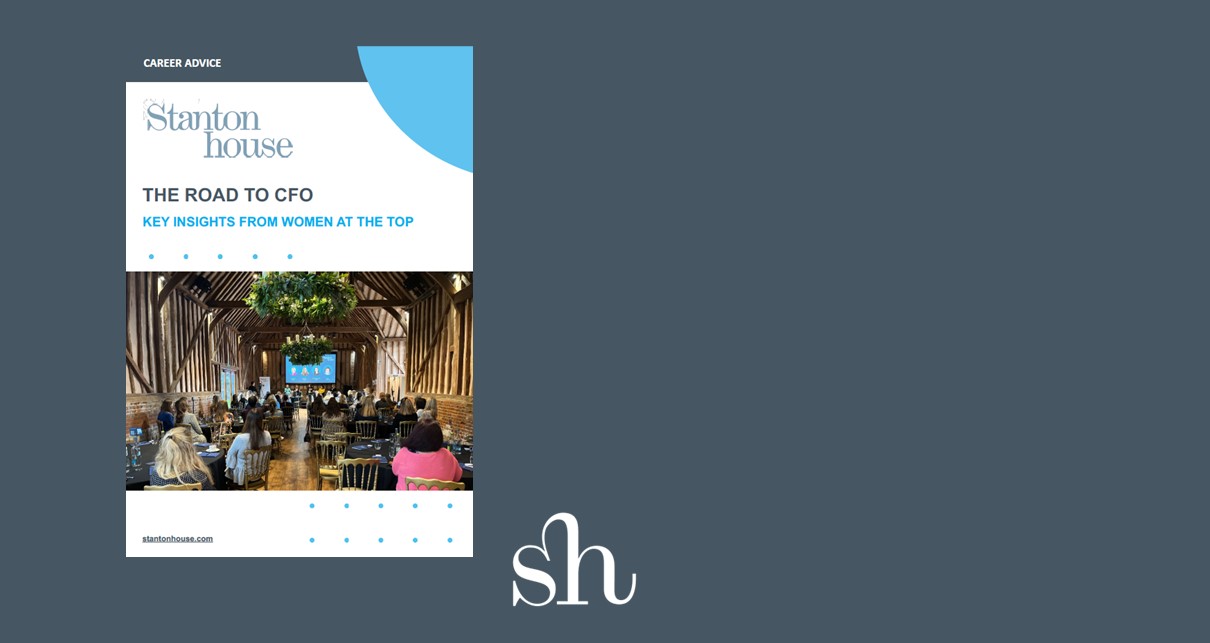

Navigating through the current crisis
I read an interesting PwC article recently: “For years the discussion has raged about the pros and cons of flexible working – and now, suddenly, we’ve been dropped into a real-life field test. Covid-19 has forced employers out of their comfort zones and into a virtual working model at breakneck speed.”
This got me thinking about the new challenges so many of the CFOs and FDs I speak to are having to get to grips with right now. Even without the commute, there is still a huge amount for any leader to think about when it comes to managing themselves and their team in lockdown. Many have been juggling parenting, home schooling and caring for elderly or vulnerable family relatives, as well as the added responsibility of leading a team from the front in this new virtual world.
How easy is it to join a virtual PE Lesson with Joe wicks dressed as Spider man, then jump back to a Zoom board meeting to discuss cash flow analysis?
So, how are leaders managing all of this and moving forward with the day-to-day of ensuring business continuity and motivating those reporting into them remotely?
Insight from top CFOs and FDs
To get ‘real’ insight into this topic, I hosted our first virtual roundtable where we invited a small group of our top Media and Technology finance leaders to discuss the challenges they are currently facing when it comes to engaging with their teams remotely. Discussion quickly turned to the best ways of effectively collaborating to ensure productivity continues. Similar challenges and solutions were echoed around the virtual table, here are the key takeaways:
3 key insights from our virtual roundtable
1. Structured communication helps productivity
In some cases, being isolated is leading to uncertainty about who to talk to on specific issues and when. This is causing team members to feel anxious and is affecting their productivity, leading to hold-ups and delays.
Our roundtable participants are finding that providing a clear structure to their team meetings is helping to alleviate this. For example, many have set up a team video call at the beginning and at the end of each day to provide certainty about when and how their teams can communicate. On top of this many hold weekly or twice weekly company-wide video calls where, as senior leaders, they contribute and share top level messages to the whole company.
One finance leader said, “Planning and structuring communication has been crucial in ensuring teams are working effectively. I find our morning and evening team video meetings help to keep productivity high. It’s also really clear from these who is less engaged, for example some don’t turn their cameras on or contribute to the conversations and some don’t even turn up. The challenge is how to address this remotely.”
Many that are effectively planning and structuring company-wide communication are finding increased levels of staff engagement. One customer told me last week that they held their annual company meeting via Webex and that it had the highest attendance level they have ever had. Many of the finance leaders I speak to are sharing similar stories where they are finding employee engagement has in fact increased since lockdown. This may not only be because employees are keener than ever to know how they as individuals, teams or as an organisation are performing, but also because “there’s not much else to do”, “no dinner plans”, “no rushing home for child care”. Virtual company calls have evidently taken down several barriers.
A CFO at our virtual roundtable said, “Our CEO now gives two half hour updates via video conference each week at the same time, company-wide and I think it’s the most engaged our staff have been with his updates ever.”
2. The importance of remaining human
Its easy to want to get straight down to business on calls but in these isolating times it more important than ever for employee engagement to remain human and make space for social activities and fun. It’s also important to remember that different personality types will behave differently through this situation and nothing should be assumed, for example you might find it’s the extroverts of the physical office who are now becoming more disengaged and vice versa.
Our finance leaders agreed that taking the time to talk about things that are not always work related can help them understand how people are coping and what support they might need. Many are implementing social activities such as weekly virtual quizzes and coffee breaks where anyone can drop in and talk about anything non-work related.
One leader of a shared service centre said, ‘We start the day off with a ten-question quiz to build comradery and add a fun element to our day before kicking in with the serious stuff.”
3. Choosing the right communication platform
Choosing the right communication platform is also a concern for these finance leaders, many are using multiple platforms to communicate with their teams and they are conscious that there may be too many channels for employees to engage with. They are using everything from standard email through to text message, WhatsApp, Slack, Hangout, Microsoft Teams and Zoom.
The group agreed that remote communication can distort the normal pace of our conversations as well as the intended delivery and interpretation of message. Therefore, choosing the right platform for their message is of great importance. Most agreed that they are still testing and learning which platforms work best for their different meetings and types of communication.
One participant said, “I tend to jump onto Hangout rather than sending emails all the time to stay connected with my accounts payable team. But I’m still trying to work out the best channel as we also use Slack and I don’t want to overload people with information across multiple platforms all of the time.”
I think a quote that sums up these insights perfectly comes from Mercer's 2020 Global Talent Trends study, “Balance empathy with economics”. Remaining human, managing communication and embracing technology is key.
Like most, I’m interested to know what the new normal be in a week, a month and a years’ time. Will productivity of workforces remain high? Will annual meetings be held virtually? Will we continue with virtual quizzes and ‘hangouts’? Might some organisations adapt to working from home almost completely going forward?
I’d like to thank our participants for such a fantastic debate and I look forward to hosting our next virtual round table very soon. If you’d like to join our next finance leader event please get in touch.
Latest opportunities
£70000.00 - £80000.00 per annum + Bonus and Benefits
London
Up to £400.00 per day
Dorking, Surrey
Up to £400.00 per day
Dorking, Surrey
Similar blogs



.png)



